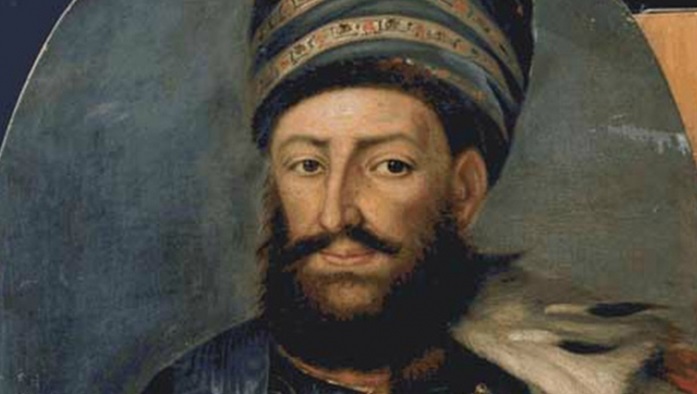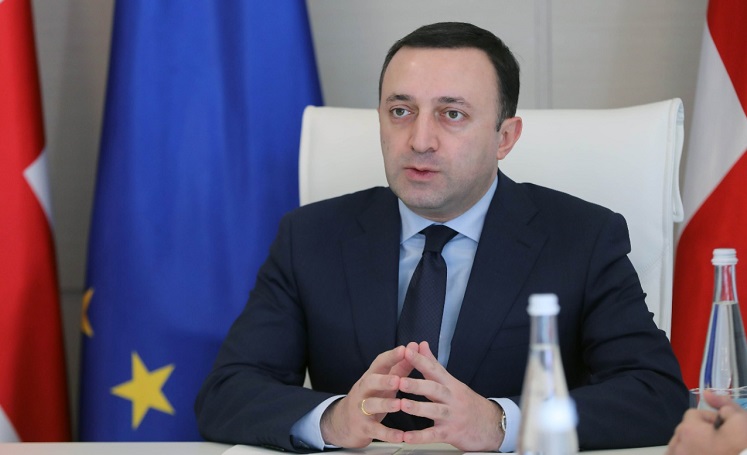PM hails legacy of Georgian monarch on national holiday

Born in 1720 in Telavi in Kakheti province, Erekle II began his reign on the throne of the regional kingdom in 1744, before unifying Kakheti and Kartli kingdoms in 1762.
Georgian prime minister Irakli Garibashvili on Monday praised Erekle II, one of the country’s last monarchs, on a national holiday marking the birthday of the 18th century figure.
The head of the government said despite “incessant wars” the king had laid foundations for large-scale reforms to modernise and develop the country, its industry, education and culture.
He said the king had "embodied all the best qualities of a Georgian - wisdom, courage, devotion to the motherland. his heroic life is a role model for each of us and I believe it will remain so for all future generations".
In celebrating the annual event, the Erekle II palace in the eastern city of Telavi will host a festival featuring educational and entertainment activities, Georgian food courts and a wine corner, the government administration said.
 PM Irakli Garibashvili said that Erekle II had "embodied all the best qualities of a Georgian". Photo: government press office.
PM Irakli Garibashvili said that Erekle II had "embodied all the best qualities of a Georgian". Photo: government press office.
Visitors can also attend a martial arts demonstration and take part in "traditional games", while also enjoying Georgian polyphonic singing at the event.
Born in 1720 in Telavi in Kakheti province, Erekle II began his reign on the throne of the regional kingdom in 1744, before unifying Kakheti and Kartli kingdoms in 1762 and reigning over the state until 1798.
The monarch succeeded in uniting eastern Georgia for the first time in three centuries, in the face of constant invasions from Persian and Ottoman armies.
He scored a number of impressive military victories against invading forces, but ultimately decided on an alliance with the Russian Empire to safeguard Georgia against further invasions in the long term.
However the treaty he signed with Russia in 1783 did not prevent Georgia from being left on its own against the devastating 1795 Persian invasion before Russia itself annexed Georgia in 1801, three years after his death.
 Tweet
Tweet  Share
Share